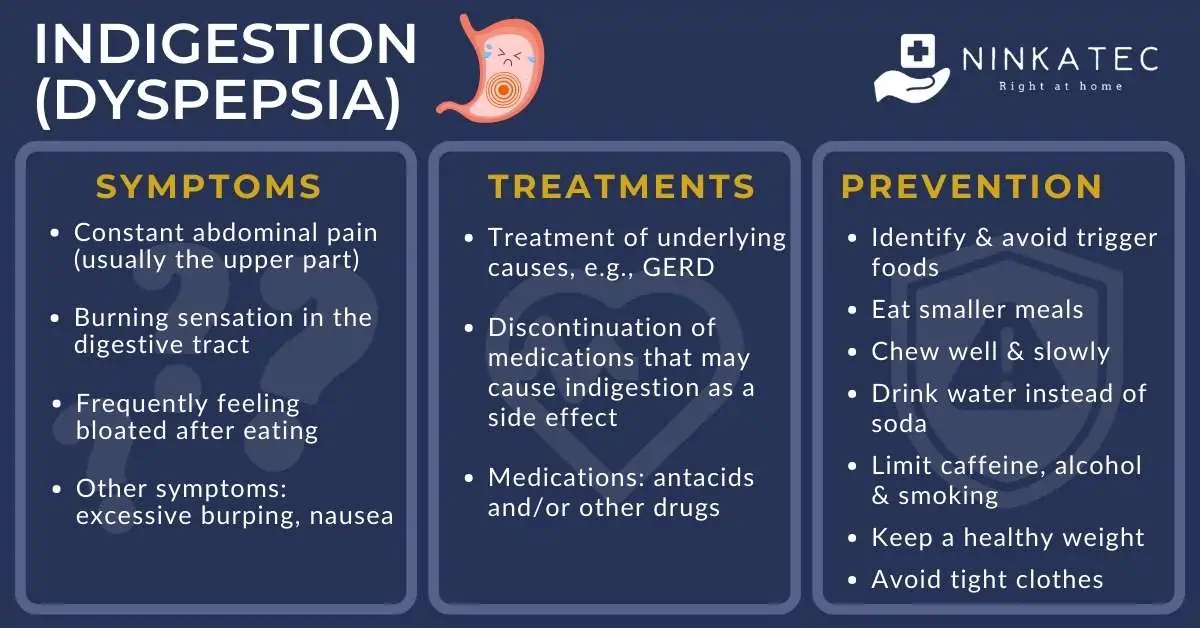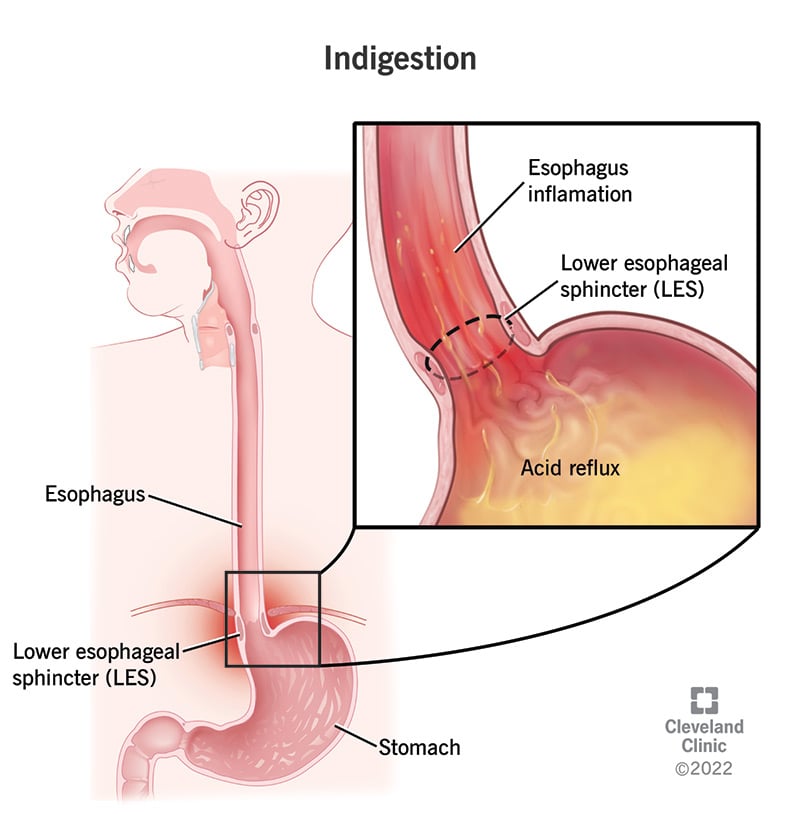
Functional dyspepsia is a persistent problem with no obvious underlying cause. Symptoms occur intermittently, come and go, and may be triggered by stress or a change in lifestyle. If symptoms persist, it is important to visit a doctor for proper diagnosis and treatment. Read on to learn about common symptoms and how to identify dyspepsia. The following are tips to help you cope with your condition.
If you have dyspepsia, your doctor should examine you for any abnormalities. Your doctor will need to rule out a condition that affects your gastrointestinal system. Some of these disorders are caused by diseases that originate outside the gut, such as cancer. If you experience severe symptoms, black tarry stools, or a lump in your stomach, you should see your doctor. Symptoms of a simple stomach ulcer are usually self-resolving, but if your doctor suspects a more serious issue, your condition may require further evaluation.
If you are suffering from dyspepsia, you should see a doctor as soon as possible. Your doctor will want to check for an abnormality if you continue to experience the same symptoms for a long time. However, you should be aware that certain foods are more likely to cause dyspepsia than others. In some cases, people with the disorder have symptoms that worsen when they eat large amounts of certain foods.
In addition to dyspepsia, other disorders can cause the same symptoms, including ulcers in the stomach and liver problems. Taking antidepressants is not always enough to treat functional dyspepsia. Patients should see their doctor when they feel that their condition has become chronic, especially if it is accompanied by bleeding or ulcers. In severe cases, your doctor may recommend surgery or antidepressants.
In some cases, dyspepsia can be a symptom of a more serious condition. In elderly people, it can be a symptom of stomach cancer. If you develop a recurrent episode, it may be a sign of a more serious problem. Often, patients with indigestion will also have pain in the upper abdomen that is similar to the symptoms of heartburn. Some may also experience an excess of gas, or they may have a lump in their stomach.

While the symptoms of dyspepsia are common, they can also be a symptom of a serious disease. If you have symptoms like black tarry stools or a lump in the stomach, talk to your doctor. A stomach ulcer can be easily cured. In some cases, a doctor may prescribe an antibiotic to treat the condition. If your dyspepsia has become chronic, it is vital to visit a doctor as soon as possible.
If the symptoms are frequent and persistent, it may be a sign of a serious disease. If it is accompanied by other symptoms, it could be a sign of a disease, such as stomach cancer. For this reason, it is important to consult a doctor if you experience any of these symptoms. If your symptoms are frequent, they may be a symptom of a more serious condition. Your physician can also prescribe antibiotics if necessary.
In addition to NSAIDs, dyspepsia can be caused by other conditions. Symptoms of functional dyspepsia may be caused by a weakened esophagus or gallbladder. In severe cases, stomach cancer or a gallbladder condition can cause severe cases of dyspepsia. There are also several reasons for the disorder.
Some types of dyspepsia are mild or chronic, with about one in three people experiencing mild symptoms. Some symptoms are diet related, but a doctor can determine the cause. Sometimes, a person with chronic dyspepsia may also have an underlying condition, such as a disease of the gallbladder or esophagus. If you have a family history of dyspepsia, you should consult the site https://www.ctrip.co.th/ to find out if this is a disorder or an underlying condition.
Many cases of dyspepsia have no obvious underlying cause. In most cases, a doctor can suspect a bacterial infection that is causing the symptoms. Most people with dyspepsia have a limited number of complications, such as ulcers and reflux. Most cases are easily managed with dietary changes and short-term medication. There is no underlying cause of the disease, so treatment is based on symptoms.